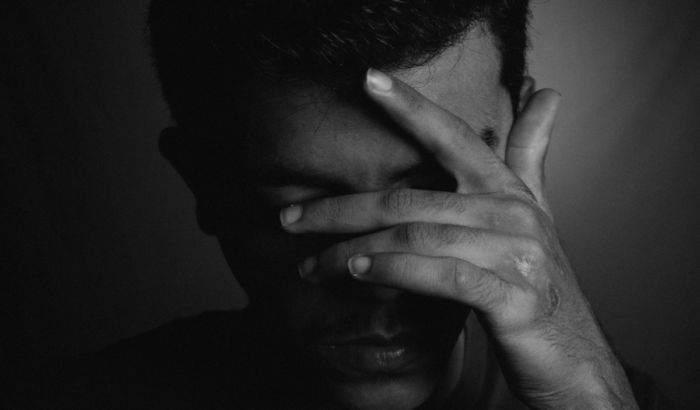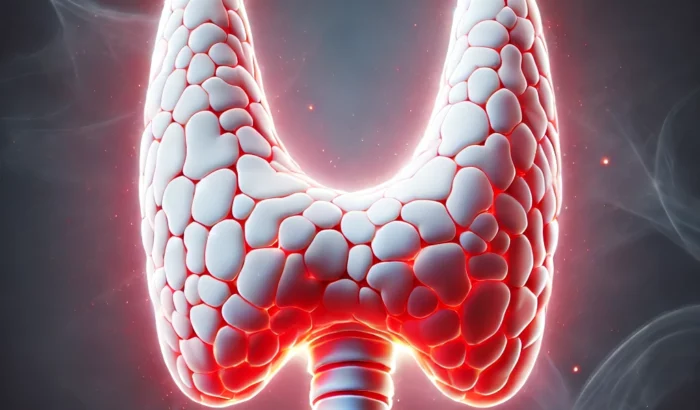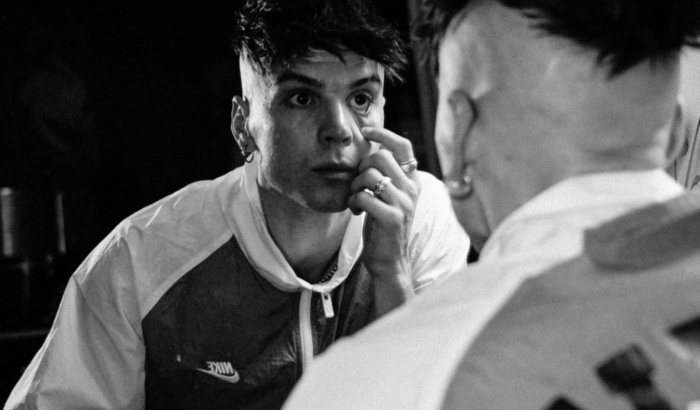Covid-19: Changing the Healthcare Sector for Good
Whilst other sectors that would generally be getting into gear right now – travel, hospitality, home improvement – feel out of step with the current crisis. As a healthcare marketing company, our specialism of health has never been more centre-stage.
This could present a big, valuable opportunity for the sector – to engage the public on life-changing issues like never before. But it also presents some fresh challenges. Health professionals have never been under such pressure, with many of them performing roles they didn’t train for – and virtual healthcare has been forced upon the public without warning.
With health firmly in the public consciousness, and no chance of that shifting any time soon, here’s how a really interesting and key sector is evolving, plus some considerations for when the medical world as we know it re-emerges.
Ownership of our own health
Where have all the people gone? It’s a question my wife (who works for the NHS) and I were just discussing at home. An over-stretched NHS has been forced to swiftly cancel elective surgery and routine appointments, and no one is walking into their GP’s surgery or A&E unit. Speaking to hospital staff, there’s an eerie calm before the storm on many wards, as preparations for an anticipated peak in two to three weeks’ time takes place. Meanwhile, we’re being forced to take ownership of our own health. As one client put it – ‘this is nudge theory on steroids’.
Prevention is the cure
The C-19 crisis has sharpened everyone’s focus on prevention – from educating us about how to wash our hands properly, to front room exercising as a family, every day – hat tip Joe Wicks. This could be massive for the sector, as prevention is an important and cost-effective strategy. Take diabetes, for example, if the NHS focused on prevention with those at-risk people from becoming Type 2 Diabetic, they could save billions of pounds in avoidable treatment costs. And it’s an effect that needs to be harnessed and carried on after the crisis is over.
National Self-care Service
We’ve all heard about the person appearing in A&E with a broken finger nail. Sadly, this is not a one-off – 111 came in but wasn’t enough. Meanwhile, missed appointments cost the health services £216 million a year1. In contrast, when even your elderly aunt has now been encouraged to install Zoom, could video triage become the new norm?
How about going one step further and asking less vulnerable patients to change their own wound dressing with the support of a video tutorial or virtual support?
The changes are encouraging – things that have been planned for years are now coming into being – but they also need careful management and clear communication. This starts by getting the right tech into peoples’ hands – especially vulnerable people. Secondly, we must ensure we don’t lose the softer side of human contact if we embrace digital technology.
The marriage of art and science
This is a new virus and scientists are working hard to understand it, world-wide. Meanwhile, as consumers we’re being asked to grapple with complex science in a bid to learn about its effects on our day to day life – how it travels, why it affects some and not others, what methods we can take to protect ourselves and our loved ones.
This involves complex science that needs to be translated into consumer land. We’ve all pored over the BBC’s simple videos on symptoms and diagrams of how germs travel and turned to these sources to educate ourselves on viruses versus bacteria, and what pneumonia actually is. It’s a role we play as a healthcare marketing company everyday – translating often complex, data-driven messages into ones that resonate emotionally and drive simple behavior change. The marriage of art and science is needed more than ever.
Turning fear into a force for good
The vast majority of people are now at home (only 43% of us are leaving home each day, according to Savanta data)2, following government advice and embracing remote working. Meanwhile, stories of those with no underlying health issues ending up in hospital continue to fill the news channels, and we see a lack of personal protective equipment (PPE) crippling the health service, the general public want to be anywhere but in hospital.
This fear factor, largely generated by the 24/7 news updates, won’t be temporary – it will be something that needs to be managed – because as horrid as Covid-19 is, chronic health conditions don’t stop while the focus is on a novel virus. We must ensure that the sick are able to access the services they need.
And that’s where this pandemic could prove influential. If nothing else, it’s making us all question our own health. Nudging us into daily exercise, restricting our food choices and making us reconnect with people on a more regular basis. What’s more, the unknown length of lockdown also means that many of these new habits could become permanently lasting behaviours – and I personally think that could be good for all of us.






